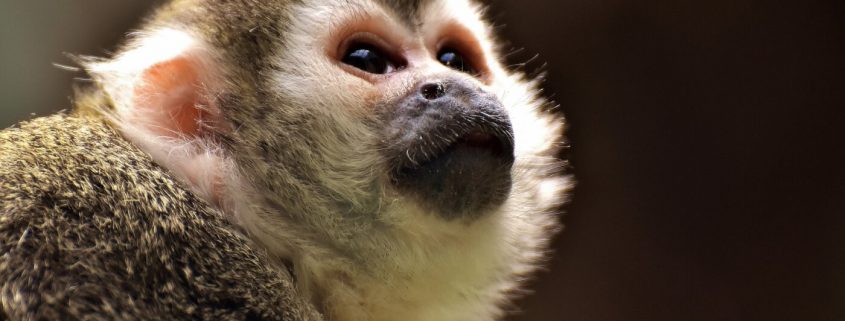PETA, Doctors Call for Ending Animal Tests in Johns Hopkins Book Launch
In a remarkable step forward for animals, Johns Hopkins University is hosting a launch event for a groundbreaking new book on ending animal tests, titled Animal Experimentation: Working Towards a Paradigm Change. The book is a collaborative effort of 51 experts, including scientists, physicians, and PETA’s vice president of international laboratory methods, Shalin Gala.

The book covers many topics, from the scientific problems with animal experiments to how much money the United States wastes on them and from ethical issues with imprisoning animals in laboratories to modern, non-animal testing and teaching methods. Shalin, along with simulation experts from Harvard Medical School and the University of Florida College of Medicine–Jacksonville, co-authored the chapter titled, “Modernizing Biomedical Training: Replacing Live Animal Laboratories with Human Simulation.” It discusses the new wave of high-tech human medical simulation technology, which improves learning, reduces laboratory costs, and prevents animals from being subjected to painful and deadly classroom experiments around the world.
PETA has donated 119 lifelike TraumaMan human-patient simulator models valued at nearly $3 million to Advanced Trauma Life Support programs in 22 countries. The programs have all replaced the use of animals in surgical training with simulators that are more anatomically realistic for teaching human trauma management and allow trainees to repeat procedures until they feel comfortable performing them.
PETA persuaded the U.S. Army to scale back its use of animals drastically in favor of simulators for trauma training exercises and to stop poisoning animals in cruel chemical-warfare exercises. We also successfully encouraged the Department of Defense to order all military branches to replace the use of animals in six different medical training areas, got the Coast Guard to end all use of animals in trauma training drills, and supported a new bipartisan law that—for the first time—makes human-simulation technology the new gold standard for trauma training.
As Johns Hopkins explains, Animal Experimentation: Working Towards a Paradigm Change “offer[s] a roadmap towards the continuing replacement and eventual elimination of animals used in science.” And PETA will keep working to bring that day closer and closer.
You can help by urging your congressional representatives to support the Battlefield Excellence through Superior Training (BEST) Practices Act, which would phase out the use of animals in all military trauma training drills.



